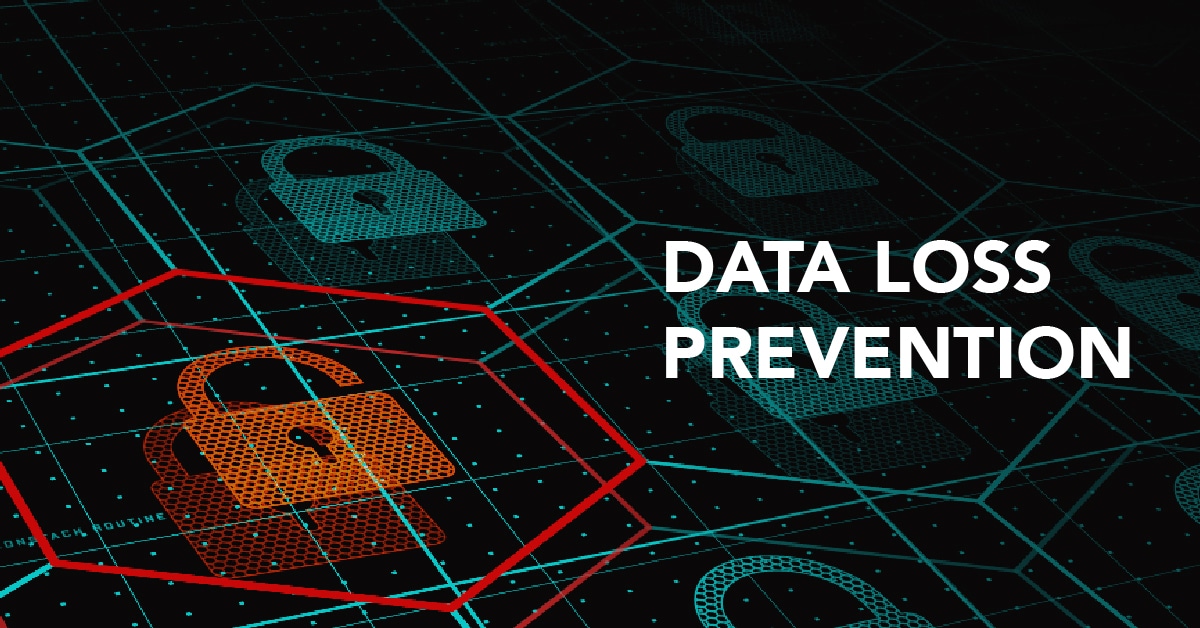Introduction to Data Loss
In today’s digital age, businesses and individuals alike rely heavily on data to operate efficiently and make informed decisions. Data drives everything from day-to-day operations to strategic decision-making. Whether it’s financial records, customer information, intellectual property, or personal data, the importance of safeguarding this information cannot be overstated. Despite the advancements in technology and security measures, data loss remains one of the most significant risks faced by organizations today.
Data loss refers to the unintended destruction, deletion, or corruption of data due to various factors. These factors can range from human errors to hardware failures, software malfunctions, cyberattacks, or natural disasters. Regardless of the cause, data loss can have far-reaching consequences, affecting operational efficiency, financial stability, and even an organization’s reputation. Understanding the causes, impacts, and preventive measures of data loss is essential for maintaining data integrity and ensuring business continuity.
The Impact of Data Loss
The consequences of data loss extend far beyond the immediate inconvenience of losing information. For businesses, data loss can lead to operational disruption, regulatory fines, reputational damage, and, in some cases, complete business failure. Key impacts include:
- Financial Loss: Recovering lost data can be costly, and in some cases, it might not be possible at all. Businesses may also face financial penalties for non-compliance with data protection regulations. Loss of sensitive customer or financial information can also lead to fraud or other financial risks.
- Operational Downtime: When critical data is lost, businesses can experience downtime while attempting to recover files or rebuild lost information. Downtime can lead to missed deadlines, loss of productivity, and dissatisfied customers.
- Reputation Damage: Losing customer or client data can erode trust in the company. Customers may lose confidence in an organization’s ability to protect their sensitive information, leading to reputational damage that is difficult to recover from.
- Legal Consequences: Organizations are required to follow specific data protection laws, such as GDPR (General Data Protection Regulation) or CCPA (California Consumer Privacy Act). A breach of these laws due to data loss could lead to legal penalties and fines.
- Loss of Intellectual Property: Data loss may involve critical intellectual property, which can cripple a company’s competitive advantage. Whether it’s patents, proprietary software, or trade secrets, the loss of this information can be devastating.
Benefits of Preventing Data Loss
Preventing data loss should be a top priority for any organization. Proactively safeguarding data yields significant benefits that contribute to the long-term stability and success of a business.
- Ensures Business Continuity: Implementing data loss prevention (DLP) measures ensures that businesses can continue their operations even in the face of hardware failures, cyberattacks, or natural disasters. Regular backups, disaster recovery plans, and failover systems keep critical data safe and accessible.
- Minimizes Financial Loss: By preventing data loss, companies avoid the high costs associated with data recovery, fines, or lawsuits. Moreover, having reliable backups and DLP systems in place reduces downtime, allowing businesses to remain operational.
- Enhances Customer Trust: Data security is a key concern for customers, especially when sharing personal or financial information. Preventing data loss builds customer confidence, demonstrating that an organization values their privacy and security.
- Protects Brand Reputation: Preventing data loss helps protect an organization’s reputation by reducing the likelihood of breaches or data exposure. It positions the company as trustworthy and reliable, enhancing its market position and customer relationships.
- Compliance with Regulations: With strict data protection regulations in place, businesses are legally required to protect sensitive data. Implementing effective data loss prevention measures ensures compliance with regulations, thus avoiding fines and legal complications.
- Secures Intellectual Property: Preventing data loss is critical for safeguarding intellectual property and confidential information. This protection allows organizations to maintain their competitive edge and prevents the risk of sensitive data falling into the hands of competitors.
Best Practices for Preventing Data Loss
- Regular Data Backups: One of the most effective ways to mitigate data loss is through regular and automated backups. Data should be backed up to multiple locations, including off-site storage or cloud-based solutions, to ensure it remains accessible in case of hardware failure or natural disasters.
- Employee Training: Many data loss incidents occur due to human error. Ensuring employees are trained on best practices for data handling, safe storage, and cybersecurity can drastically reduce the risk of accidental data loss.
- Encryption and Access Control: Implementing data encryption ensures that sensitive information remains secure, even if it falls into the wrong hands. Access control measures, such as multi-factor authentication and role-based permissions, also help in restricting access to critical data.
- Disaster Recovery Plan: Organizations should have a robust disaster recovery plan that outlines the steps to take in the event of a data loss incident. This plan should include backup procedures, contact information, and a timeline for restoring operations.
- Cybersecurity Measures: Effective cybersecurity strategies, such as firewalls, antivirus software, and intrusion detection systems, help prevent data breaches and mitigate the risk of cyberattacks. Regular updates and vulnerability scans further reduce the risk of data loss from cyber threats.
Conclusion
Data loss poses a significant risk to both individuals and organizations. The impact of losing critical information can be devastating, leading to financial loss, operational downtime, legal consequences, and damage to reputation. However, with proactive measures such as regular backups, encryption, employee training, and cybersecurity systems, data loss can be effectively mitigated. Safeguarding data not only ensures business continuity but also builds trust, protects intellectual property, and helps businesses comply with regulatory standards. In the end, the investment in preventing data loss pays off by securing the future of any organization in today’s data-driven world.
At NXT Skills IT Solutions, we pride ourselves on being the leading IT solutions provider in Bangalore, offering top-tier services to help businesses prevent data loss and secure their critical information. With years of expertise in data protection, cybersecurity, and disaster recovery, we ensure that your data remains safe and accessible at all times. Our comprehensive solutions are tailored to meet the unique needs of your organization, providing seamless data backup, encryption, and recovery strategies. When you choose NXT Skills, you’re partnering with the best in Bangalore for reliable and proactive data loss prevention.







